|
Setting the Scene If you are reading this blog post, chances are you are either deeply immersed in the start of another school year or about to be. Just this week, our new school director, reminded us that the beginning of the school year is truly a fresh start. A new beginning that allows us to reframe, reorganize, and recalibrate. It’s not about reinventing the wheel, but more so a time to reflect and refine what we do in order to impact student learning on a deeper level. When we find ourselves thinking about these things, we tap into new levels of inspiration, purpose and hope. How can this not help to make us better educators? I want to share some of the things that I’ve been working on that I hope will allow me to be more impactful and influential in my own leadership role and my ways of working with the teachers that I am so fortunate enough to be able to coach on a daily basis. In order for me to have the impact that I desire, I can never lose sight of what it is like to be in the trenches of teaching and to remember what it was like to have to be on my game every single day when I was teaching full-time. The day-to-day demands on teachers can be overwhelming and very hard to navigate. It takes a very special focus and a relentless level of effort to remain on the top of our teaching games. As a leader, I never want to lose sight of this, so I consider it my responsibility to ensure that I provide the very best support possible for the teachers that I coach. My job is to ensure that they are in the position to do their best work possible. To me this means that I need to be thoughtful about the ways in which I support them in their own planning and their own professional development. A Framework for the Planning Process Bearing this in mind, the planning process needs to be streamlined and made much more efficient for teachers in order to allow them to find greater purpose and meaning in the work that they do day in and day out with their students. What I want to share with you in this blog post is a pre-unit planning framework that I have developed over the past few years that is continually being refined each year. It’s essentially a roadmap to unit planning that helps to break down not only the ‘why’ of our teaching, but to think our way through the how and the what of our teaching as well. Planning Prompts As a Primary Years Programme (PYP) school, we have a certain framework that we adhere to in our planning process. As a reminder of the essential elements of the PYP, I have created a planning prompts document, kind of like a cheat sheet in a way, of the big ideas that we need to think our way through when planning our units. This cheat sheet outlines the key concepts, the Learner Profile, the Approaches to Learning Skills, and both discipline specific concepts and related concepts that transcend subject specific boundary lines. Using this cheat sheet, we can sit down to not only plan new units, but also revisit units taught from the year before in order to promote a deeper discussion about how these units might be refined. Again, this is not about reinventing the wheel, but instead about promoting more meaningful discussions related to teaching and learning. It’s about being more intentional and focused on the ‘why’ behind our teaching. See the planning prompts sheet below: Pre-Unit Planning Outline Document Whether we are planning a completely new unit or working to refine a unit taught from the year before, we use an additional planning document that allows us to define what we want the enduring understanding to be in the unit. It’s this enduring understanding that will be crafted into a ‘central idea’. Once we determine what the enduring understanding of the unit is, we identify what the essential student learning outcomes are that we want to focus on. Once we determine what these outcomes are, we are then in a great position to decide on a conceptual lens. An overarching concept that will support the enduring understanding of the unit. We then look at the key concepts, related concepts, the Learner Profile attributes, and Approaches to Learning Skills that will best support the conceptual lens and the enduring understanding of the unit. As you can see from the document below, everything must fit on one page. This whole process is deeply rooted in refining the number of outcomes, concepts, attributes and skills to be taught. LESS is MORE!!! Once the teachers identify what the big ideas of the unit are, we then create a mini-timeline on the same planning sheet. We think deeply about how the unit will be laid out in a way that reflects in what order we feel is best to teach the unit itself. Creating this timeline essentially provides the teachers with a roadmap to the unit from the first week to the last week of the unit. This allows for more meaningful discussions about formative assessment and how timely feedback can be provided to our learners with regularity. Once the planning sheet is complete, it’s my job to then take it away and create a large poster-sized timeline for each teacher I that coach. This poster-sized timeline is a constant go to throughout our unit in order to have authentic conversations and reflections around how the unit is going. We look specifically at how each of these big ideas will be unpacked within the unit itself and the guiding questions that will promote deeper inquiry into the big ideas and understandings. Coded ATLs As part of this planning process, I decided to number code each of the ATL skills in the five areas of (see example below): Thinking Skills, Research Skills, Communication Skills, Social Skills, and Self-Management Skills The reason for doing this is to be able to better navigate our way through the newly enhanced ATLs provided by the IB PYP. In number coding the indicators within each of the five skill areas, teachers can dive more deeply into the skills themselves and and hopefully be able to think their way through which of these skills authentically and meaningfully support the enduring understanding of the the unit. You can see on the planning prompts cheat sheet that there is a section on the far right that is devoted to the ATLs and has a breakdown of the sub skills in each of the five areas. Included in each of these areas are the number codes that correspond with each sub-skill. Teachers can then refer directly to our ATL handbook to look specifically at which indicators they would like to target as part of the their teaching in the unit. I’ve attached a PDF of the coded ATLs at the bottom of this post. Feel free to print off and use. Timelines Have a look at some of the example poster-sized timelines below that I create for each of the teachers that I coach. These posters serve as a great guide post to the unit. I’ll write a separate blog post devoted to how we use these timelines to reflect on the unit and to document the guiding questions that drive all teaching and learning in the unit. But for now, just a quick glimpse into what the poster-sized timeline looks like. I’ve attached the planning prompts cheat sheet that I created for visual arts and PE below. As well, I’ve also attached the pre-unit planning outline documents for visual arts and PE. I’ll be creating one specifically for music next week that I will also share. Single Subject Inspiration It is my firm belief that the single subjects provide wonderful opportunities for all students to flourish through the arts and through movement. Single subject teachers can have such an impact on a student’s life by helping them discover what’s possible within themselves. If we can hook our students into the amazing possibilities that exist through the arts and through movement, we can change their lives by inspiring them to discover unknown possibilities and potential that exists within them. Being more purposeful and intentional in our planning helps to create wonderful learning opportunities and engagements with our students. This, without question, is the most important step in the teaching and learning process. Thanks for reading. Hope this post has sparked some ideas for you in regards to your teaching process.
1 Comment
|
AuthorKAUST Faculty, Pedagogical Coach. Presenter & Workshop Leader.IB Educator. #RunYourLife podcast host. Archives
September 2022
|
||||||||||||||||||||||||||||||
- Welcome
- All Things Teaching and Learning
- The Aligned Leader Blog
- Consulting and Coaching Opportunities
- My TED X Talk
- My Leadership Blog
- Run Your Life Podcast Series
- How PYP PE with Andy Has Helped Others
- Good Teaching is L.I.F.E
- The Sportfolio
- Example Assessment Tasks
- PYP Attitude Posters (printable)
- Publications
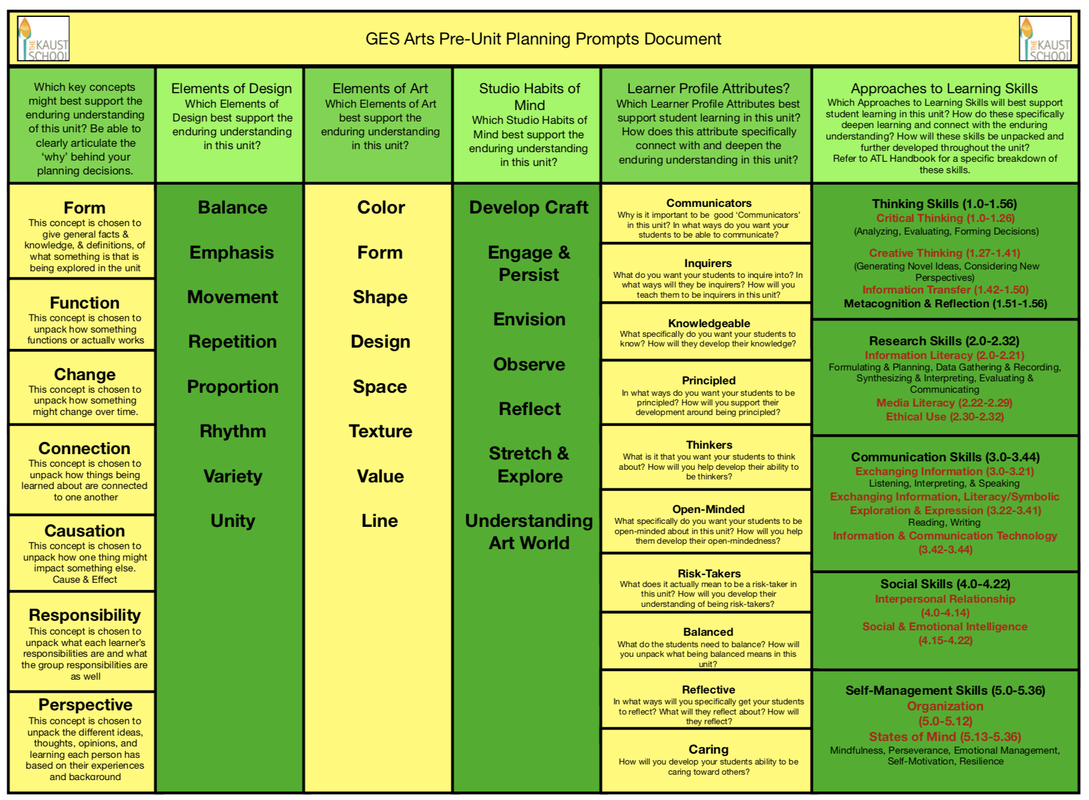
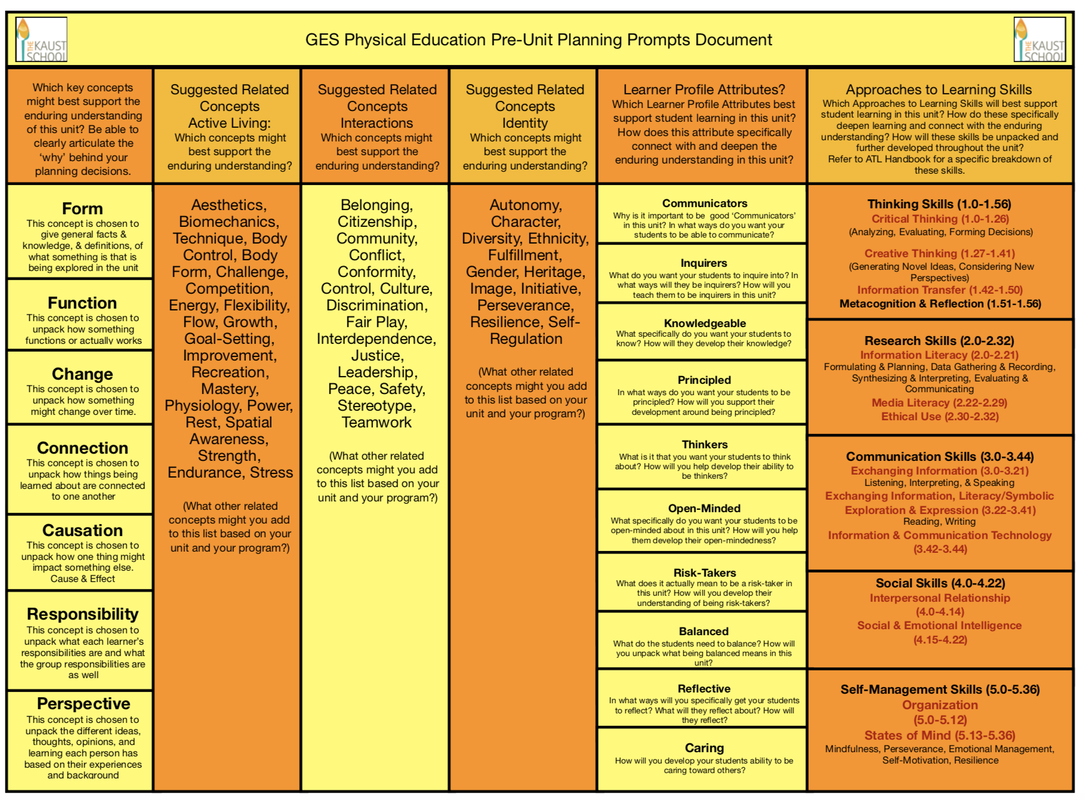
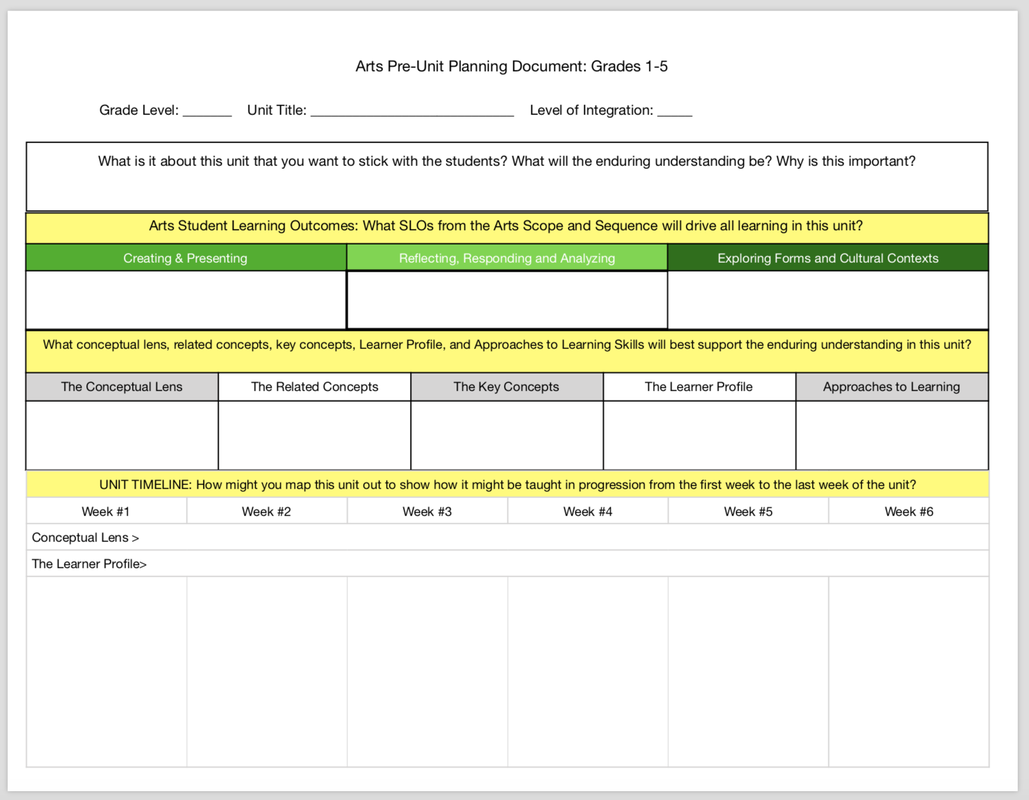
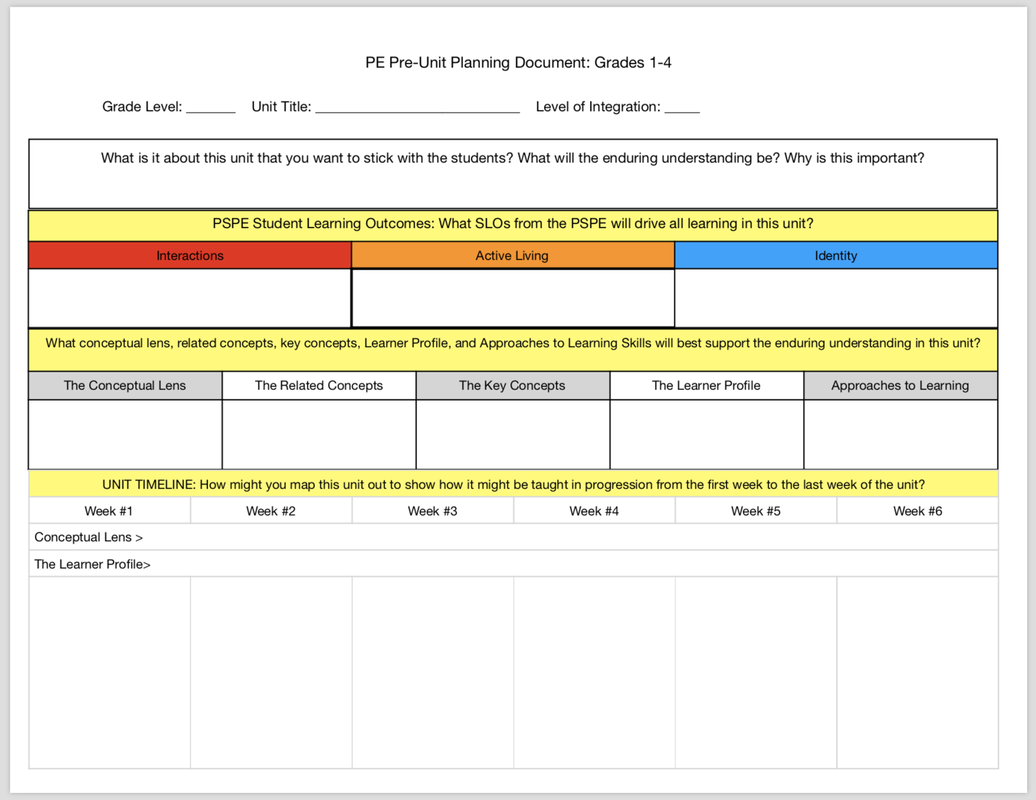
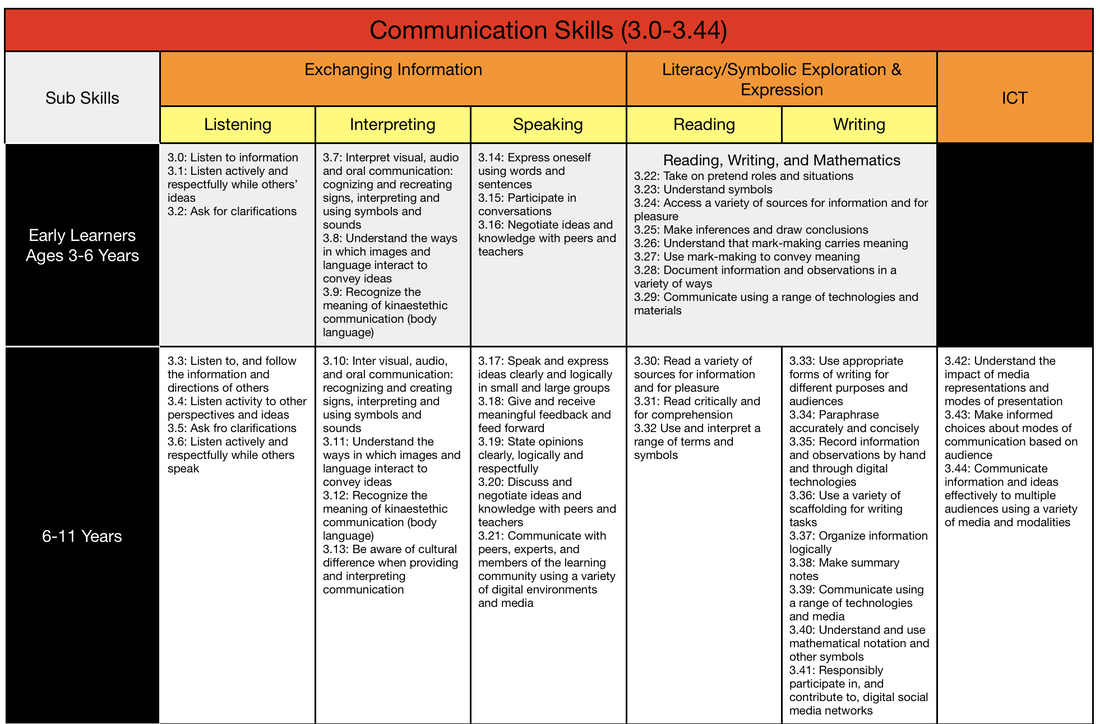
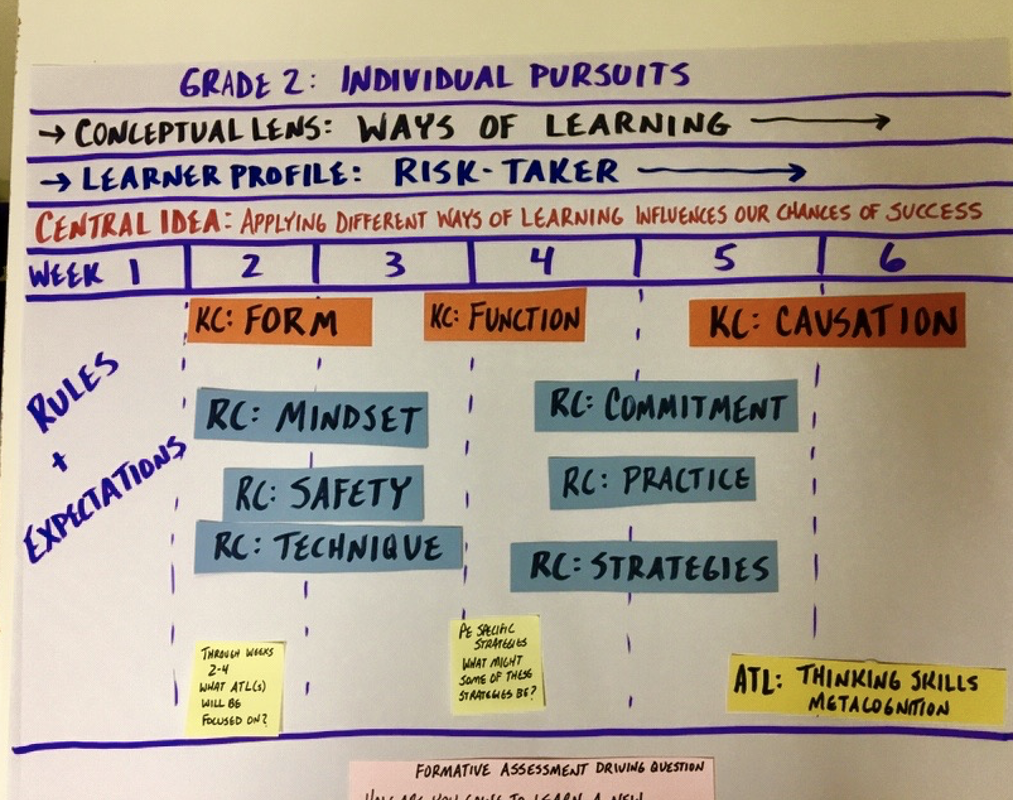
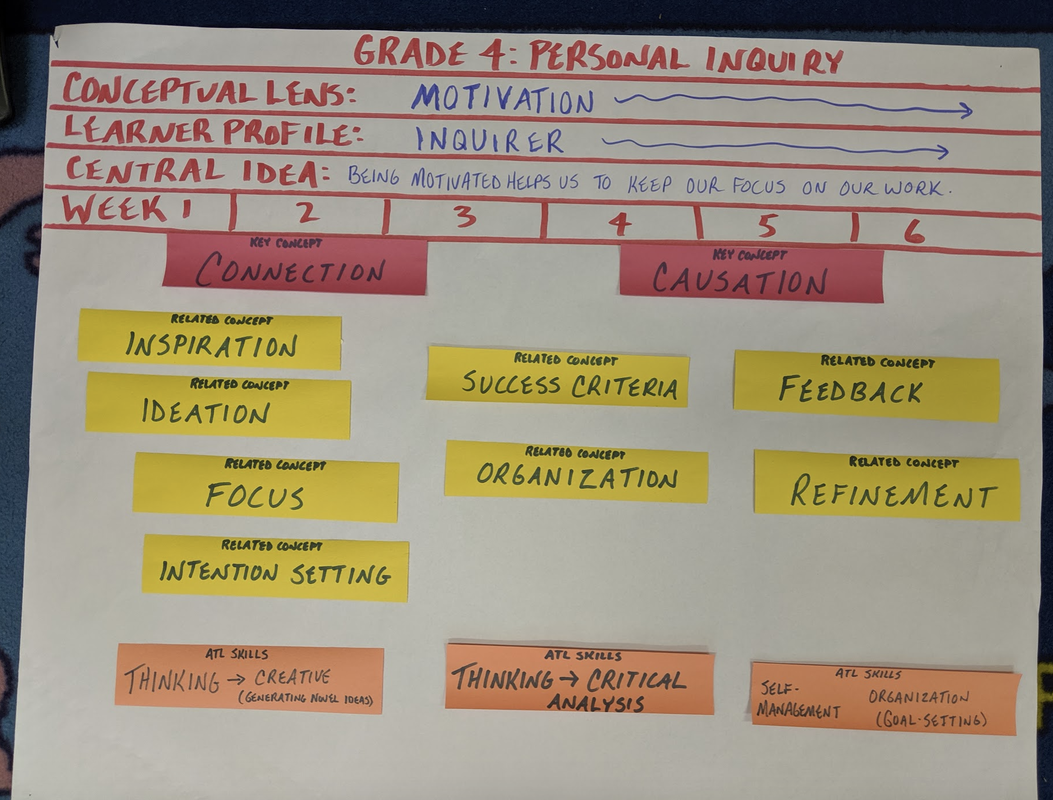
 RSS Feed
RSS Feed
